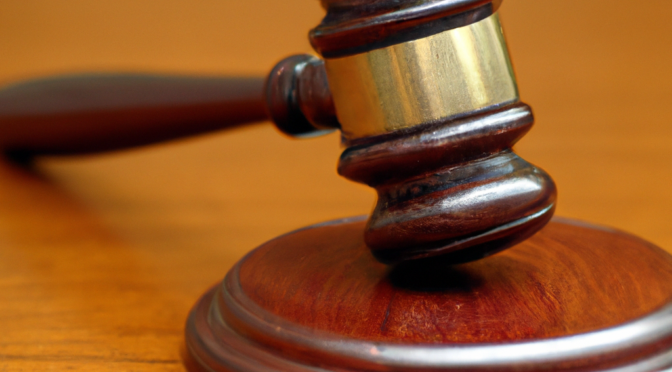Hello, legal eagles and curious minds alike! Welcome to a comprehensive, in-depth guide to the fascinating world of Massachusetts law. As a practicing lawyer in the heart of the ‘Bay State,’ I’m excited to guide you through the twists and turns of our legal landscape. Get ready to unlock the intricacies of this historic state’s law – right from its foundation to recent landmark cases.
The Massachusetts Legal Tapestry
When we dive into the depths of Massachusetts law, we’re immersing ourselves in a rich blend of traditional common law, inherited from our British legal ancestors, and a host of state-specific laws, honed and tailored over centuries. This all begins with the Massachusetts Constitution, the cornerstone of our legal system. A point of pride for us is that our constitution is the oldest functioning written constitution in the world, going strong since 1780. Read about its history here.
In the bustling legal hub of Massachusetts, our state laws often chart their own course, distinct from Federal law. We’ve formulated our unique set of civil rights laws, consumer protection regulations, and distinctive criminal statutes. More often than not, these laws offer broader protections and specify more detailed stipulations than Federal law. For instance, let’s consider Chapter 93A – our very own Massachusetts Consumer Protection Act. This law serves as a sentinel against unfair and deceptive business practices, often going above and beyond federal laws in its protective reach. Take a look at this landmark case, as an example.
The Judiciary – The Guardian of Massachusetts Law
At the heart of our legal framework is a robust, efficient, and multi-tiered judiciary. This system serves as the engine, driving justice throughout the state. It consists of a range of courts, each with its unique function and jurisdiction.
The Supreme Judicial Court (SJC)
Sitting at the pinnacle of our judiciary is the Supreme Judicial Court. As the highest appellate court, it mainly deals with decisions regarding questions of law that originate from lower courts. The SJC plays a pivotal role in interpreting the state constitution and passing judgments that often shape the legal precedents of the state. Here’s an example of a case they’ve ruled on recently.
The Massachusetts Appeals Court
One step down, we have the Massachusetts Appeals Court. This court primarily handles appeals from the Trial Court departments. However, it’s not the end of the road – decisions from this court can be further reviewed by the SJC.
Trial Courts
Our legal system’s backbone comprises the lower courts or Trial Courts, which include the Superior Court, District Court, and various other specialized courts. Each has its distinct functions and jurisdictions.
- Superior Court: As the court of general jurisdiction, Superior Court hears both civil and criminal cases. It covers serious criminal matters, civil actions over $25,000, and cases involving equity matters.
- District Court: This court hears a wide range of criminal, civil, housing, juvenile, mental health, and other types of cases. Civil cases are typically valued under $25,000, but this court also handles small claims cases up to $7,000.
- Specialized Courts: These include various courts like the Land Court, Housing Court, Probate and Family Court, and Juvenile Court, each dealing with specific types of cases.
By understanding the function of each court, we can appreciate how they work together to uphold justice and interpret the laws in Massachusetts.
This was just a brief introduction to the multifaceted world of Massachusetts law. Remember, knowledge of the law is the first step towards responsible citizenship. Stay tuned as we delve deeper into different aspects of our legal system in future posts. I promise you; it’s going to be a fascinating journey!

